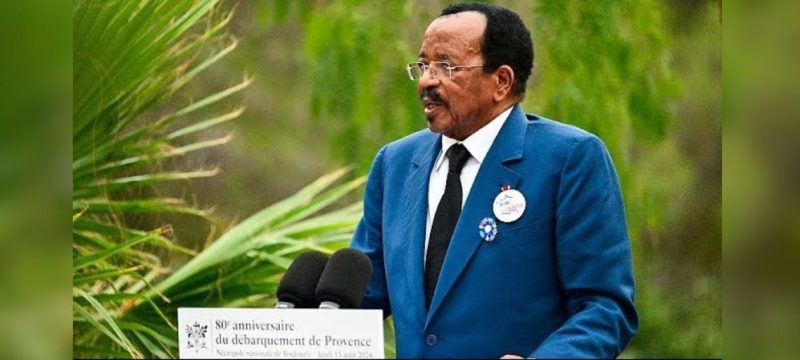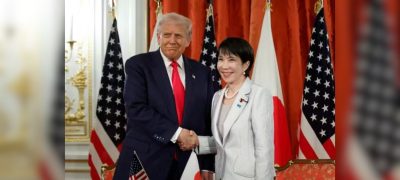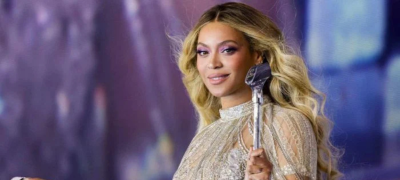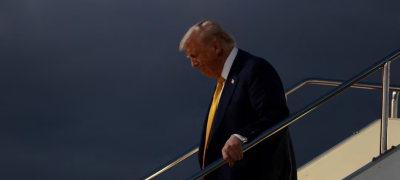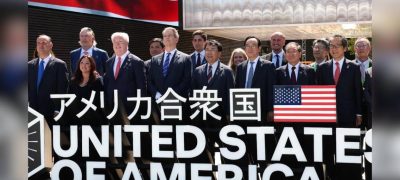Cameroon’s President Paul Biya, aged 92, has been re-elected for an unprecedented eighth term, according to official results announced by the country’s Constitutional Council on Monday.
The result cements Biya’s status as the world’s oldest sitting head of state and could see him remain in power until he is nearly 100 years old, extending a rule that began in 1982.
“Hereby proclaimed President-elect: the candidate Biya Paul,”
declared Clement Atangana, president of the Constitutional Council, confirming the outcome that few doubted.
Four Decades of Power
Paul Biya’s leadership has defined Cameroon’s political landscape for over four decades. Since assuming office more than 40 years ago, he has abolished presidential term limits, consolidated power, and repeatedly won elections amid allegations of fraud and suppression of dissent.
Critics say his government has used state institutions and security forces to maintain control, while supporters argue that Biya’s long rule has brought stability to a nation often surrounded by regional unrest.
The 2025 Election: A Familiar Outcome
This year’s election saw Biya face a significant challenge from Issa Tchiroma Bakary, a former government minister and spokesperson who broke away to lead a coalition-backed campaign.
Bakary, in his late 70s, drew large crowds and vocal support from opposition parties and civic organizations frustrated by Biya’s decades-long rule. However, despite the growing call for change, Biya once again emerged victorious by a comfortable margin, according to official figures.
International observers have yet to release a detailed assessment of the vote, but early reports suggest irregularities and limited transparency in parts of the process.
A Nation Divided
While Biya remains deeply entrenched in power, Cameroon faces mounting challenges, including economic inequality, corruption, and ongoing conflict in its Anglophone regions, where separatist movements continue to call for independence.
For many citizens, Biya’s re-election represents political continuity without reform. Others see it as a reminder of Africa’s enduring struggle with leadership renewal and democratic transitions.
Global Reactions
Reactions to Biya’s victory have been mixed. Some African leaders have congratulated him on his “commitment to national unity,” while international human rights organizations renewed calls for constitutional reform and democratic accountability.
Analysts note that Biya’s re-election underscores a broader regional trend of aging leaders clinging to power, echoing political dynamics seen in several parts of the continent.
In other news also read about Cameroon’s Paul Biya Seeks Eighth Term Amid Criticism And Health Concerns


